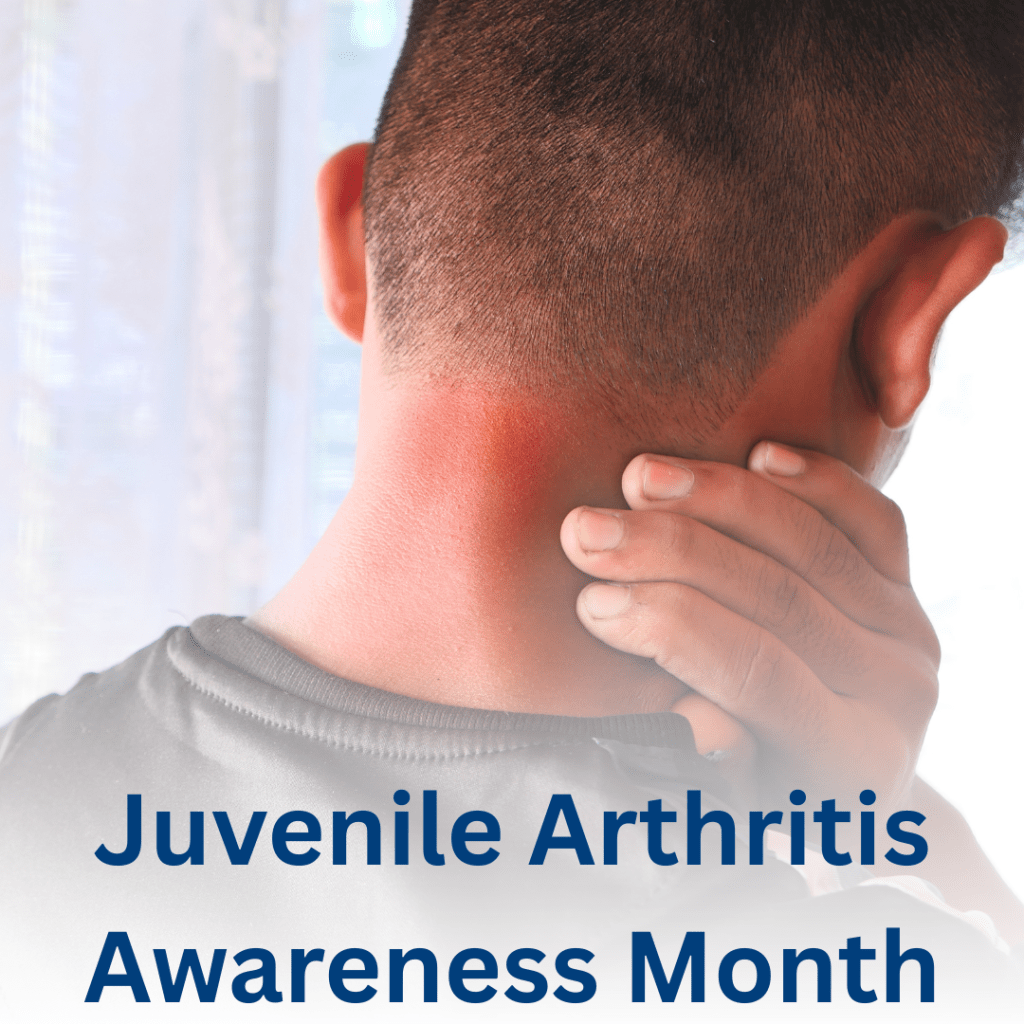
Juvenile Arthritis Awareness Month raises vital awareness for the 300,000 children in the U.S. living with this often-overlooked condition. While arthritis is typically associated with aging, pediatric cases bring their own unique set of challenges, particularly when it comes to early diagnosis. Symptoms like joint pain, fatigue, and swelling are frequently dismissed as growing pains, causing critical delays in care.
Every July, Juvenile Arthritis Awareness Month brings national attention to a condition that affects nearly 300,000 children in the United States. Endorsed by advocacy organizations such as the Arthritis Foundation, this annual observance calls for better understanding, early intervention, and comprehensive care strategies for pediatric rheumatologic conditions.
For healthcare leaders, this month is an opportunity to examine diagnostic challenges, promote interdisciplinary collaboration, and align organizational efforts with long-term outcome improvements and cost containment strategies.
Resource Tools for Providers:
Key Facts
- Juvenile arthritis (JA) affects approximately 300,000 U.S. children.
- Early intervention can improve joint function and reduce long-term disability.
- Untreated JA can lead to chronic pain, mobility loss, and emotional distress.
- Multidisciplinary treatment improves quality of life and care coordination.
- Insurance support for early screening reduces healthcare costs over time.
The Purpose of Juvenile Arthritis Awareness Month
Juvenile Arthritis Awareness Month was created to spotlight the unique challenges faced by children with arthritis and to advocate for research, education, and improved access to care. While arthritis is often seen as an adult condition, children are equally vulnerable. Particularly due to delayed diagnosis and inconsistent treatment.
According to Taylor & Francis Online, early diagnosis is critical. Delays in recognizing JA symptoms can result in long-term joint damage, growth problems, and significant limitations in daily activities. The earlier a child receives care, the more likely they are to manage symptoms effectively and avoid complications.
Improving Diagnosis and Detection
The subtle and nonspecific nature of juvenile arthritis symptoms (joint stiffness, fatigue, swelling) makes early detection difficult. These signs are often mistaken for routine childhood complaints, leading to delayed referrals and treatment.
Healthcare leaders can mitigate this by supporting education and training programs for pediatricians and primary care providers. A heightened awareness and standardized screening protocols can help ensure timely evaluations and better health trajectories.
Key Takeaways
- Juvenile arthritis affects nearly 300,000 children in the U.S., yet early symptoms are often misdiagnosed, leading to delayed treatment and long-term complications.
- Timely intervention improves joint function, quality of life, and mental health, while reducing future healthcare costs tied to advanced disease progression.
- Healthcare organizations can drive change by standardizing screening protocols, investing in provider training, and leveraging toolkits from trusted institutions like the Arthritis Foundation and NIAMS.
FAQs
What is the purpose of Juvenile Arthritis Awareness Month for healthcare professionals?
This observance is an opportunity for healthcare providers to deepen their understanding of pediatric rheumatologic conditions, reinforce early detection strategies, and promote collaborative care models. It also helps align clinical efforts with public health awareness, insurance priorities, and long-term care improvement goals.How can our organization better support juvenile arthritis screening and care?
Healthcare organizations can implement standardized screening protocols in pediatric practices, invest in provider education, and support interdisciplinary care teams. These steps not only improve patient outcomes but also reduce overall healthcare costs tied to delayed treatment.What resources are available to help educate staff and patients during Juvenile Arthritis Awareness Month?
The Arthritis Foundation and the National Institute of Arthritis and Musculoskeletal and Skin Diseases (NIAMS) offer toolkits, education materials, and community engagement ideas. These resources can be used for patient education, social media campaigns, or staff training initiatives throughout July.
Each week, we email a summary along with links to our newest articles and resources. From time to time, we also send urgent news updates with important, time-sensitive details.
Please fill out the form to subscribe.
Note: We do not share our email subscriber information and you can unsubscribe at any time.
|
|
Thank you for Signing Up |

Sources
- Lippincott Medicine
Advancements and progress in juvenile idiopathic arthritis: A Review of pathophysiology and treatment
https://journals.lww.com/md-journal/fulltext/2024/03290/advancements_and_progress_in_juvenile_idiopathic.70.aspx - Taylor & Francis
Emerging therapies for juvenile arthritis: agents in early clinical trials
https://www.tandfonline.com/doi/abs/10.1080/13543784.2022.2121698 - Juvenile Rheumatoid Arthritis
A narrative review of multidisciplinary rehabilitation in juvenile idiopathic arthritis
https://www.springermedicine.com/juvenile-rheumatoid-arthritis/juvenile-rheumatoid-arthritis/a-narrative-review-of-multidisciplinary-rehabilitation-in-juveni/50789086
Previous Articles
Partner with BHM Healthcare Solutions
With over 20 years in the industry, BHM Healthcare Solutions is committed to providing consulting and review services that help streamline clinical, financial, and operational processes to improve care delivery and organizational performance.
We bring the expertise, strategy, and capacity that healthcare organizations need to navigate today’s challenges – so they can focus on helping others.
Are you ready to make the shift to a more effective process?
